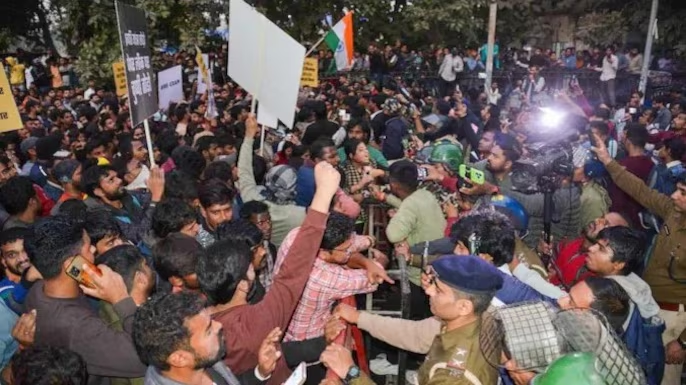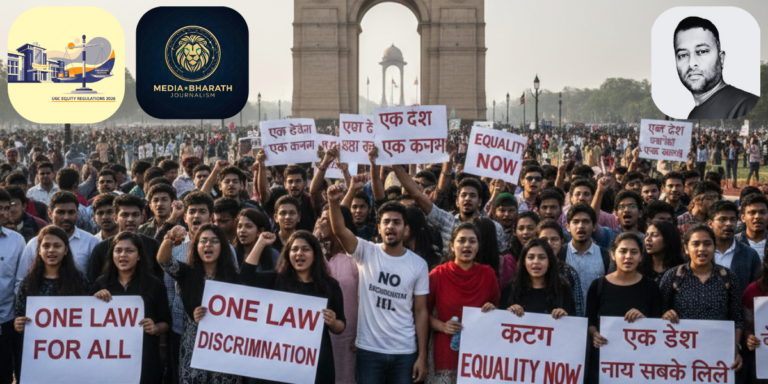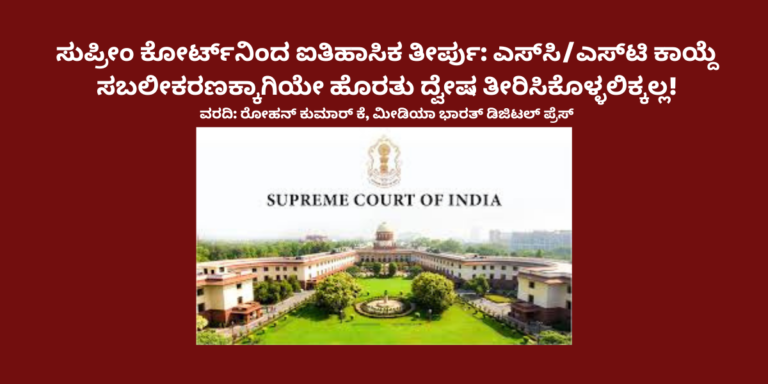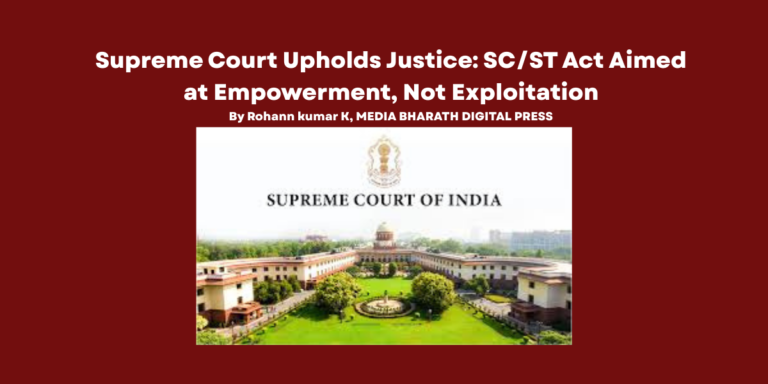
Karnataka, India – April 24, 2025 – The recent terror attack in Pahalgam, Kashmir, where militants tragically targeted and killed pilgrims and tourists, has sent shockwaves across India. While the nation mourns the loss of life and condemns the violence, the incident has also ignited a renewed discussion about the state of religious harmony and the adherence to fundamental duties enshrined in the Indian Constitution.

Concerns are being voiced by various sections of society regarding the perceived erosion of respect for religious beliefs, particularly those of the Hindu community. These concerns are fueled by instances where individuals, often under the guise of progressive thought or activism, allegedly denigrate Hindu traditions, deities, and practices.
One such recent incident that has drawn considerable criticism involves a public servant from Mulabagilu Taluk, Karnataka. Allegations have surfaced that this official publicly condemned the practice of worshipping in temples, drawing a controversial comparison to addiction. Despite complaints being lodged with administrative authorities, critics claim that adequate action has not been taken, raising questions about the seriousness with which such matters are being addressed.
Article 295A of the Indian Constitution outlines provisions intended to protect the religious feelings of any class of citizens. However, there is a growing sentiment among some that this article is not being effectively enforced, leaving religious sentiments vulnerable to being intentionally hurt or disregarded.
The tragic events in Pahalgam, where victims were reportedly identified based on their religious affiliation before being targeted, serve as a stark and brutal reminder of the dangers of religious intolerance. This act of terror, claimed by the Resistance Front (TRF), highlights the extreme consequences that can arise when religious hatred is allowed to fester.
The juxtaposition of a horrific act of religiously motivated violence in Kashmir with concerns about the casual disregard for Hindu beliefs in other parts of the country has led to calls for introspection and stronger action. Many believe it is imperative for the judiciary and legislature to recognize the urgent need for more robust legal frameworks and a greater commitment to upholding the fundamental duty of respecting all religions.
“The attack in Pahalgam is a horrifying manifestation of religious hatred,” stated a local resident of Mulabagilu who wished to remain anonymous. “But we also see a pattern of disrespect towards our beliefs even in our daily lives. It feels like the fundamental duty to respect all religions is being forgotten.”
The incident involving the public servant in Mulabagilu has further amplified these concerns. “When someone in a position of authority can seemingly denigrate our places of worship without facing swift consequences, it sends a wrong message,” expressed another concerned citizen. “We need stronger laws and a more proactive administration to protect the religious sentiments of everyone.”
As India grapples with the aftermath of the Pahalgam attack and the broader issue of maintaining religious harmony, the demand for stricter enforcement of existing laws and the potential creation of stronger legal safeguards for religious beliefs is gaining momentum. The coming days are likely to see increased scrutiny on how the nation addresses these critical issues to ensure the safety and respect for all its citizens, regardless of their faith.



